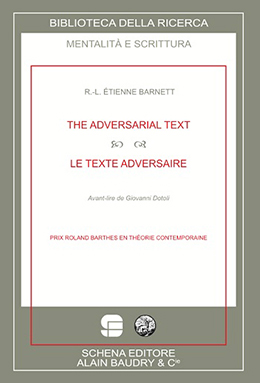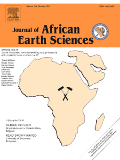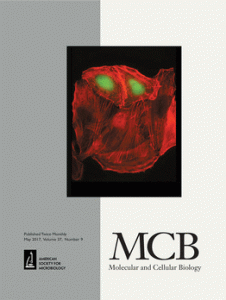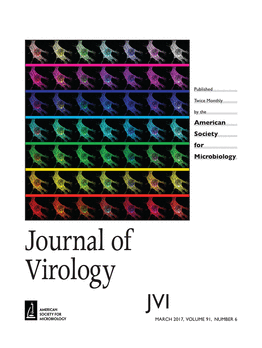 A mysterious lit and film critic who built a significant portion of his career using the words of other scholars instead of writing his own appears to be attempting a second act.
A mysterious lit and film critic who built a significant portion of his career using the words of other scholars instead of writing his own appears to be attempting a second act.
Last year, Richard-Lawrence Etienne Barnett, who has lost more than two dozen papers for plagiarism, published a book called “The Adversarial Text,” which appears to have a rather cozy relationship with four of his retracted articles. The apparent purloinment was first reported by Volker Schröder, a scholar of French and Italian at Princeton University who has been following the Barnett case for the better part of two decades.
In 2001, Schroeder found that
Continue reading A critic with more than two dozen retractions can’t seem to stop plagiarizing
 Title:
Title: 

 In February 2016,
In February 2016,


 A group of researchers in France has been forced to retract their 2002 article in the
A group of researchers in France has been forced to retract their 2002 article in the